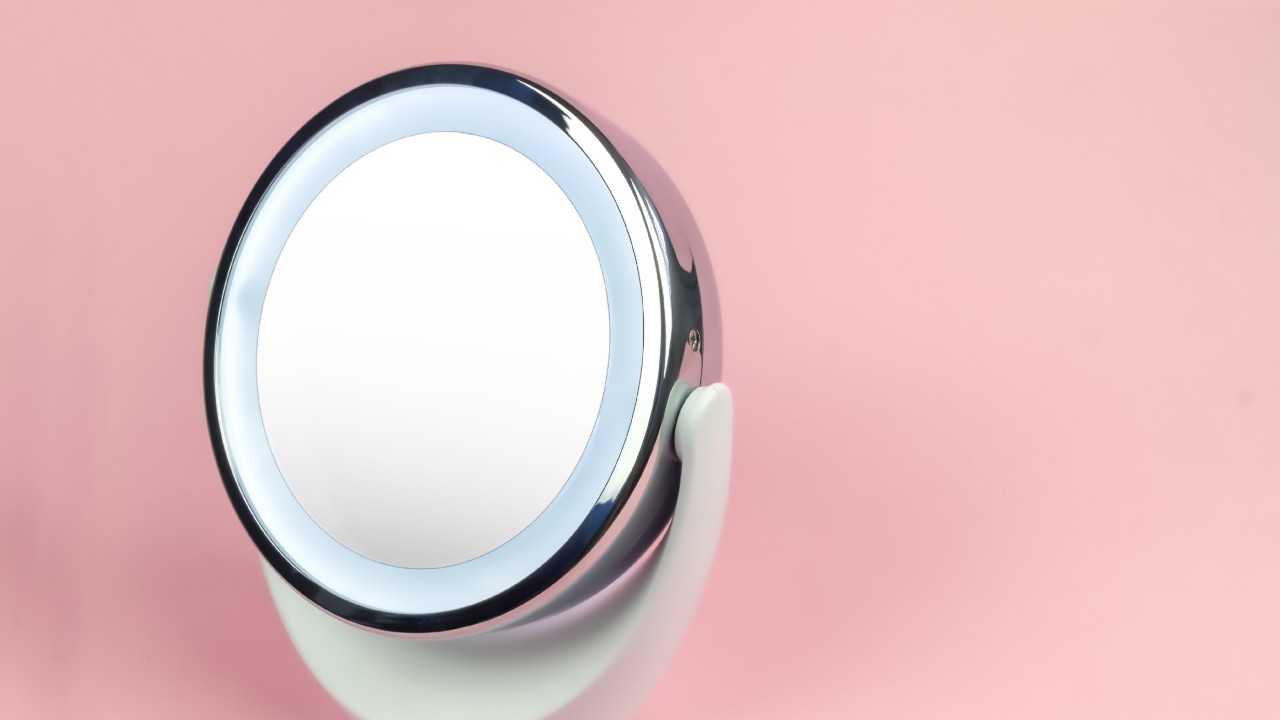

Articles
Why Magnifying Mirrors Are Bad
Modified: August 17, 2024
Discover why magnifying mirrors can be harmful for your skin and eyes in these informative articles. Explore the potential risks and alternatives to ensure your well-being.
(Many of the links in this article redirect to a specific reviewed product. Your purchase of these products through affiliate links helps to generate commission for Storables.com, at no extra cost. Learn more)
Introduction
Magnifying mirrors, with their ability to zoom in and provide a close-up view, may seem like a useful tool for personal grooming and skincare. However, there is a dark side to relying too heavily on these mirrors. They can have a negative impact on our perception of ourselves, our mental health, and even our physical well-being. In this article, we will explore why magnifying mirrors are bad and the potential consequences they can have on our self-image and overall well-being.
Key Takeaways:
- Magnifying mirrors can distort our self-perception, leading to decreased self-esteem and obsessive behaviors. Embracing our natural beauty and practicing self-acceptance is crucial for our mental well-being.
- Relying on magnifying mirrors can fuel a dependency on external validation and hinder self-acceptance. Cultivating a positive body image and prioritizing mental health are essential for overall well-being.
Read more: Why Are Mirrors Bad For Budgies
Distortion of Perception
Magnifying mirrors, as their name suggests, magnify our reflections by zooming in on our faces. While this may seem like a way to get a closer look at our skin or groom with precision, it can also lead to a distorted perception of ourselves. These mirrors highlight every flaw, pore, and imperfection, making them appear larger and more prominent than they actually are.
When we constantly see exaggerated flaws in the mirror, it can create an unrealistic image in our minds. We start obsessing over tiny imperfections that others may not even notice. This distorted perception can lead to decreased self-esteem and a negative body image.
Instead of embracing our natural beauty and accepting ourselves as we are, we become fixated on our perceived flaws. This constant self-criticism can take a toll on our mental health and overall well-being.
Negative Impact on Self-Image
Magnifying mirrors have the potential to greatly impact our self-image and how we perceive ourselves. The close-up and exaggerated view they provide can make us hyper-aware of every perceived flaw and imperfection on our face. We become overly critical of ourselves, focusing on blemishes, fine lines, and wrinkles that would typically go unnoticed in a regular mirror.
This constant scrutiny of our appearance can lead to feelings of dissatisfaction and self-doubt. We may begin to question our attractiveness and compare ourselves to unrealistic beauty standards. The constant exposure to an amplified version of our flaws can take a toll on our self-esteem and confidence.
Moreover, magnifying mirrors often draw our attention to areas of our face that we may have never paid much attention to before. This zoomed-in perspective can lead to a negative fixation on specific features, such as pores, blackheads, or wrinkles. We may become overly obsessed with trying to eliminate or hide these imperfections, which can lead to unhealthy behaviors, like excessive skincare routines or even invasive cosmetic procedures.
It is important to remember that our worth and beauty are not determined solely by our physical appearance. Focusing too much on our flaws in magnifying mirrors can distract us from our unique qualities, talents, and overall inner beauty.
Influence on Mental Health
The use of magnifying mirrors can have a significant impact on our mental health. Constantly scrutinizing our appearance in these mirrors can contribute to feelings of anxiety, self-consciousness, and even depression.
When we focus solely on our flaws and imperfections, it becomes easy to develop negative thought patterns. We may start to believe that our worth is solely based on our physical appearance, leading to a constant need for validation and approval from others. This dependence on external validation can erode our self-confidence and contribute to a fragile sense of self-worth.
Magnifying mirrors can also fuel obsessive-compulsive tendencies. The hyper-focus on flaws and the compulsion to constantly check and fix our appearance can manifest in obsessive behaviors and rituals surrounding grooming and skincare routines. This obsession can consume our thoughts and energy, causing distress and interfering with our daily lives.
Additionally, the constant exposure to a magnified and exaggerated version of ourselves can create a distorted body image. We may become disconnected from our true appearance and develop an unrealistic view of what we believe we should look like. This can lead to Body Dysmorphic Disorder (BDD), a mental health condition characterized by a persistent preoccupation with perceived flaws.
It is essential to prioritize our mental well-being and develop a healthy relationship with our reflection. Limiting our use of magnifying mirrors and focusing on self-acceptance and self-love can contribute positively to our overall mental health and emotional well-being.
Strain on Eyes
While magnifying mirrors can be useful for getting a closer look at our skin or grooming, they can also put a strain on our eyes. The intense focus required to examine our reflection up-close can lead to eyestrain and discomfort.
Repeatedly staring at a magnified image for extended periods can cause eye fatigue, dryness, and irritation. The constant adjustment of focus to examine different areas of our face can also lead to eye strain and headaches.
Moreover, the bright lights often used in conjunction with magnifying mirrors can further exacerbate these issues. The intense illumination can cause glare, making it even more challenging to take in our reflection comfortably.
It is important to give our eyes regular breaks and to practice good eye hygiene, such as ensuring proper lighting and maintaining a comfortable distance from the mirror. This can help minimize the strain on our eyes and prevent potential long-term damage.
When using a magnifying mirror, be mindful of the distance and lighting to avoid straining your eyes. It’s best to limit use to short periods to prevent eye fatigue.
Encourages Obsessive Behavior
Magnifying mirrors have the potential to fuel obsessive behaviors when it comes to our appearance. The heightened focus on every detail and imperfection can lead to an unhealthy obsession with achieving flawlessness.
Constantly using a magnifying mirror can lead to a never-ending quest for perfection. We may spend excessive amounts of time scrutinizing and analyzing our appearance, seeking out any flaw that needs to be fixed or concealed.
This obsession can manifest in rituals and compulsive behaviors. We may spend hours meticulously plucking eyebrows, extracting blackheads, or applying makeup in an attempt to achieve an unattainable ideal. These behaviors can consume our thoughts and time, detracting from other areas of our life and impacting our overall well-being.
Obsessive behaviors can also extend beyond the grooming routine. We may constantly compare ourselves to others, feeling inadequate and striving to meet unrealistic beauty standards. This incessant comparison can lead to feelings of self-doubt, anxiety, and low self-esteem.
It is important to recognize and break free from these obsessive patterns. Learning to accept and embrace our natural appearance, imperfections and all, can lead to a healthier and more balanced perspective on beauty and self-worth.
Dependency on External Validation
One of the significant downsides of using magnifying mirrors is the tendency to develop a dependency on external validation. Constantly scrutinizing our appearance can lead us to seek validation and approval from others regarding our looks.
When we rely heavily on the magnified reflection in the mirror to determine our self-worth, we become vulnerable to the opinions and judgments of others. We may feel a constant need for reassurance and compliments, seeking validation to confirm our perceived physical flaws.
This dependency on external validation can have a detrimental effect on our self-esteem and confidence. We may become reliant on others’ opinions to feel good about ourselves, constantly seeking reassurance that we look acceptable or attractive.
Furthermore, this reliance on external validation can lead to an unhealthy cycle. If we receive positive feedback, it may temporarily boost our self-esteem. However, if we receive negative comments or criticism, it can shatter our self-image and send us spiraling into self-doubt and insecurity.
It’s crucial to shift our focus from seeking validation from others to cultivating self-acceptance and self-love. Developing a strong sense of self-worth that isn’t solely dependent on external appearance can liberate us from the need for constant validation and empower us to embrace our natural beauty.
Decreased Self-Acceptance
The use of magnifying mirrors can contribute to decreased self-acceptance as they highlight and amplify our perceived flaws. When we constantly focus on these flaws, it becomes difficult to embrace and accept ourselves as we are.
Magnifying mirrors often show us exaggerated versions of our imperfections, making them seem more significant and prominent than they actually are. This constant exposure to an amplified image can lead to a negative perception of ourselves and a decrease in self-acceptance.
As we scrutinize every pore, wrinkle, or blemish, we may develop a distorted perception of our natural appearance. This distorted perception can erode our confidence and make it challenging to see the beauty that exists beyond what the mirror reflects.
Moreover, the constant pursuit of attaining a flawless appearance can set unrealistic standards that are impossible to meet. When we fall short of these unattainable ideals, it can further decrease our self-acceptance and perpetuate a cycle of self-criticism and dissatisfaction.
To counteract this, it is essential to practice self-compassion and self-acceptance. Embracing our unique features, imperfections, and all, allows us to cultivate a healthier relationship with our reflection and nurture a positive sense of self.
Inaccurate Representation of Reality
Magnifying mirrors can provide an inaccurate representation of reality, distorting our perception of our own appearance. The close-up and magnified view they offer can make minor imperfections appear much larger and more pronounced than they are in real life.
These mirrors have a way of amplifying every flaw, pore, and fine line, making them seem more significant and visible than they typically would appear. The high level of magnification can create an unrealistic image in our minds, causing us to focus on perceived imperfections that are barely noticeable to others.
When we rely heavily on magnifying mirrors, we may become fixated on these exaggerated flaws, leading to a negative self-image and reduced self-confidence. We may develop a distorted view of our own appearance and become overly critical of ourselves.
It is important to remember that magnifying mirrors do not provide an accurate representation of how we look in everyday life. They present a highly magnified and distorted version of ourselves that is not reflective of reality. Instead, we should strive to view ourselves through a more realistic lens, one that considers the full picture rather than just individual imperfections.
By understanding that magnifying mirrors do not provide an accurate reflection, we can gain a healthier perspective on our own appearance and cultivate self-acceptance based on a more realistic view of ourselves.
Conclusion
While magnifying mirrors may initially seem like a practical tool for personal grooming, it is important to recognize the potential negative impact they can have on our self-image and overall well-being. The constant scrutiny of our appearance in these mirrors can lead to a distorted perception of ourselves, decreased self-acceptance, and an unhealthy reliance on external validation.
Magnifying mirrors amplify our flaws, making them appear larger and more prominent than they actually are. This can lead to obsessive behaviors, a negative body image, and a constant pursuit of unattainable perfection. Furthermore, the strain on our eyes and the distorted representation of reality that these mirrors provide can further contribute to the negative consequences of their use.
It is important to strike a balance in our approach to personal grooming and self-perception. Embracing our natural beauty, imperfections and all, allows us to develop a healthier relationship with our own reflection. By focusing on self-acceptance, self-love, and cultivating a positive body image, we can protect our mental health and well-being.
Ultimately, it’s crucial to remember that our worth and beauty are not solely determined by our physical appearance. We are multidimensional beings with unique qualities and talents that extend far beyond our reflection in the mirror. Let us nurture a positive self-image and prioritize our overall well-being, acknowledging that true beauty lies in our authenticity and self-acceptance.
Frequently Asked Questions about Why Magnifying Mirrors Are Bad
Was this page helpful?
At Storables.com, we guarantee accurate and reliable information. Our content, validated by Expert Board Contributors, is crafted following stringent Editorial Policies. We're committed to providing you with well-researched, expert-backed insights for all your informational needs.

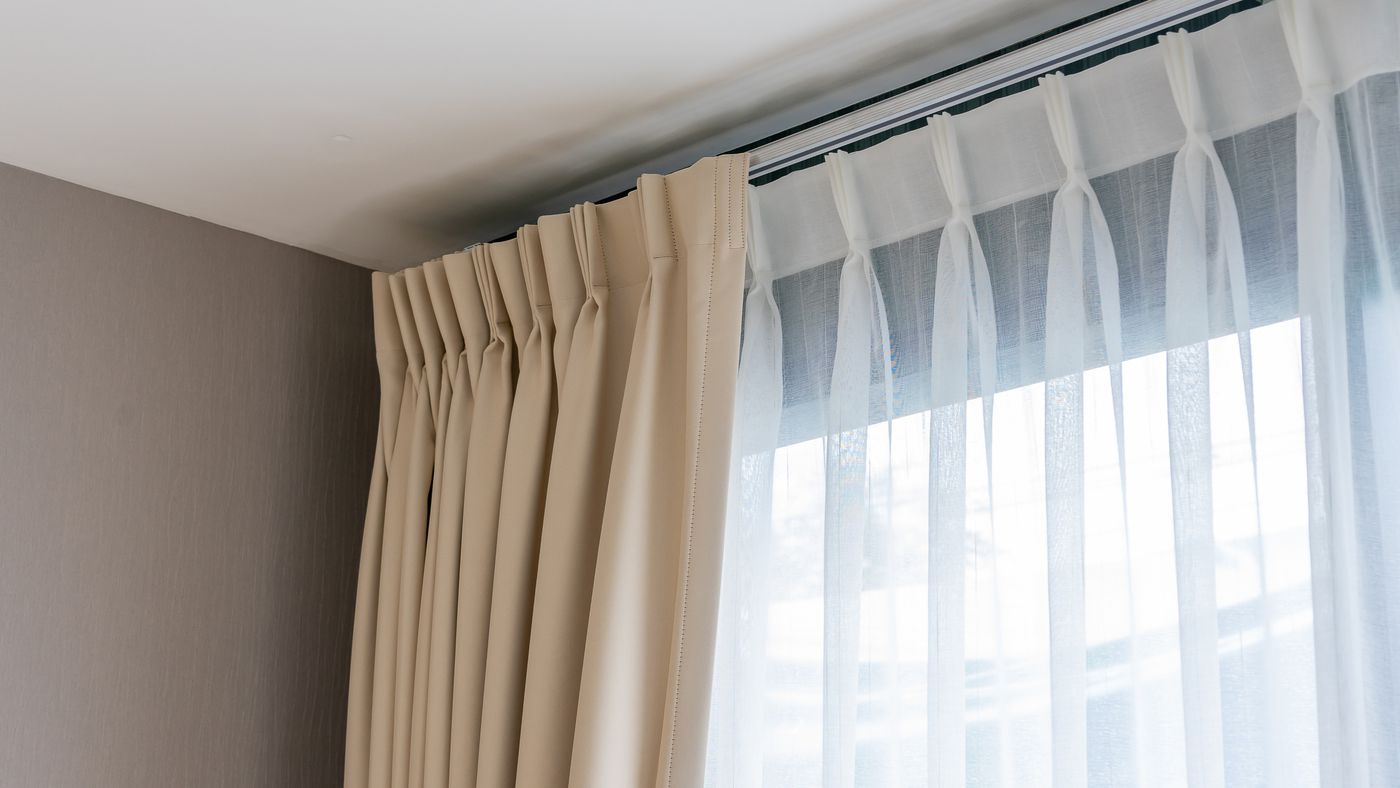

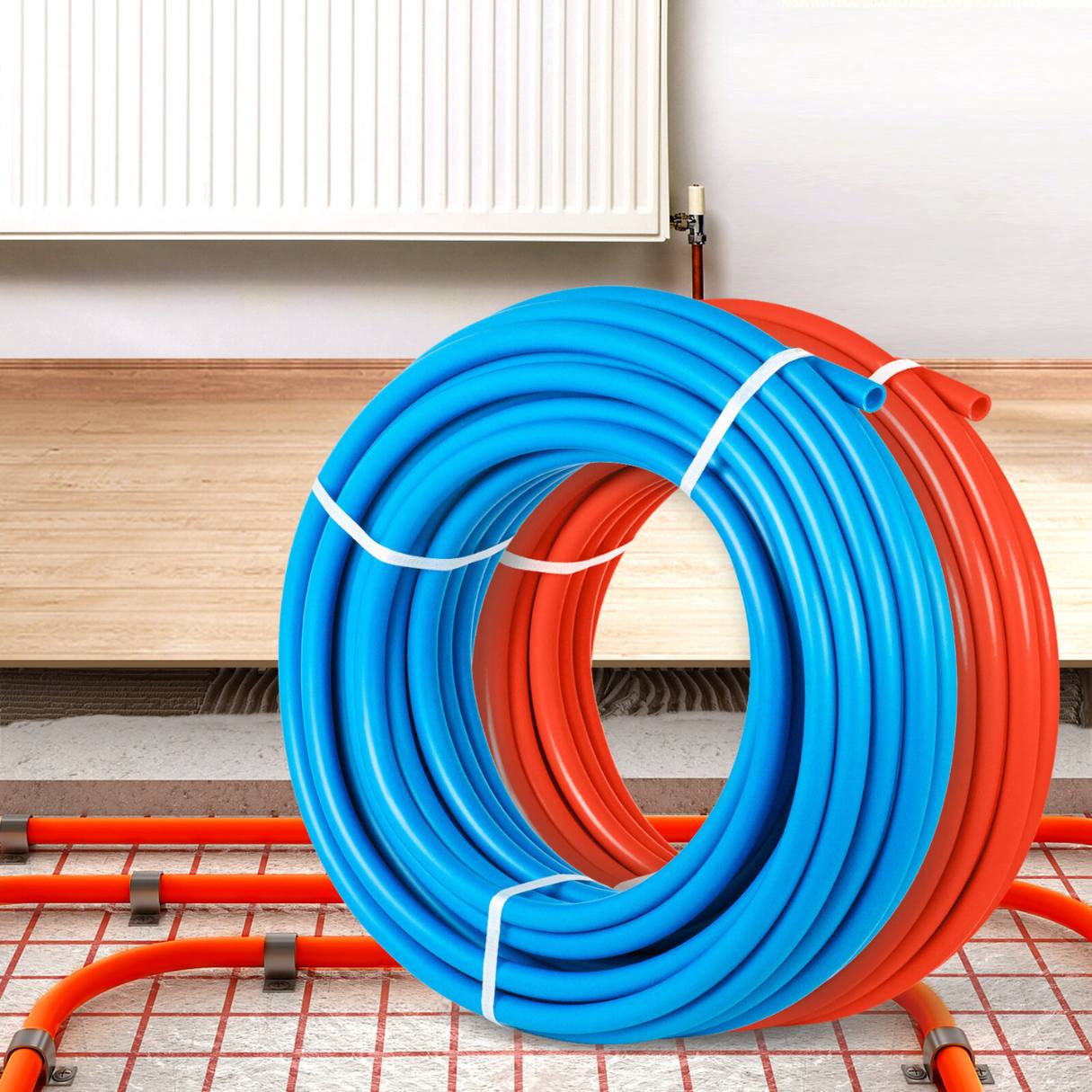


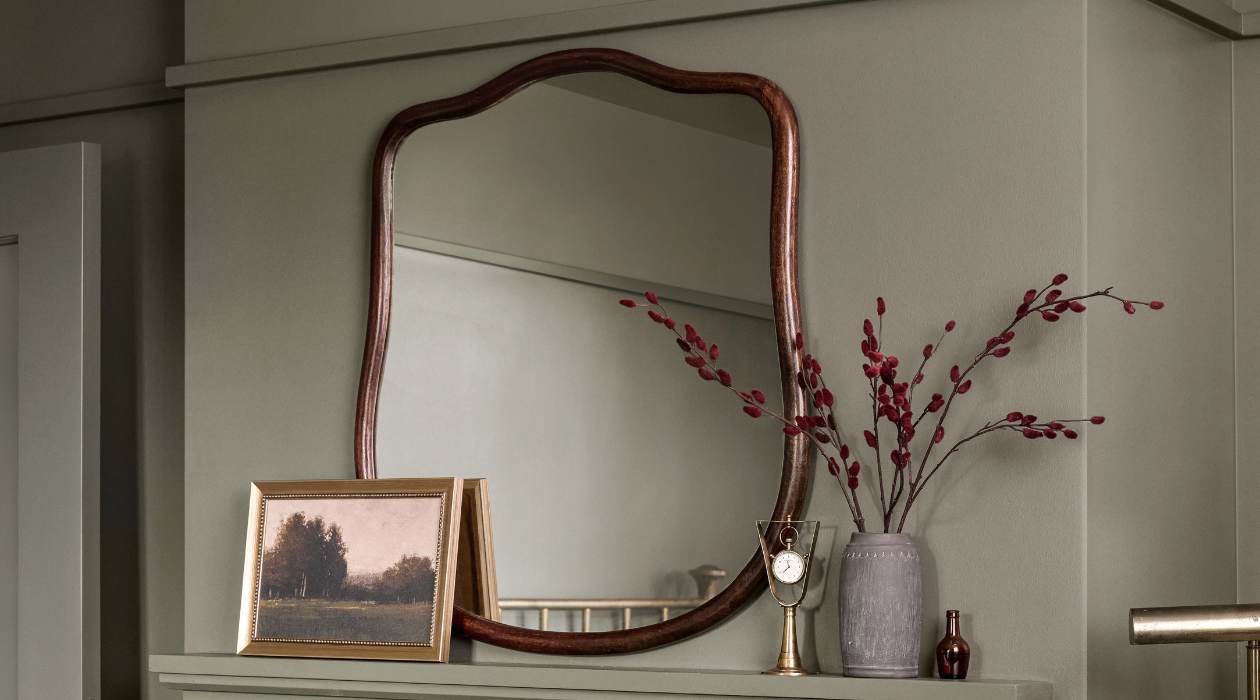
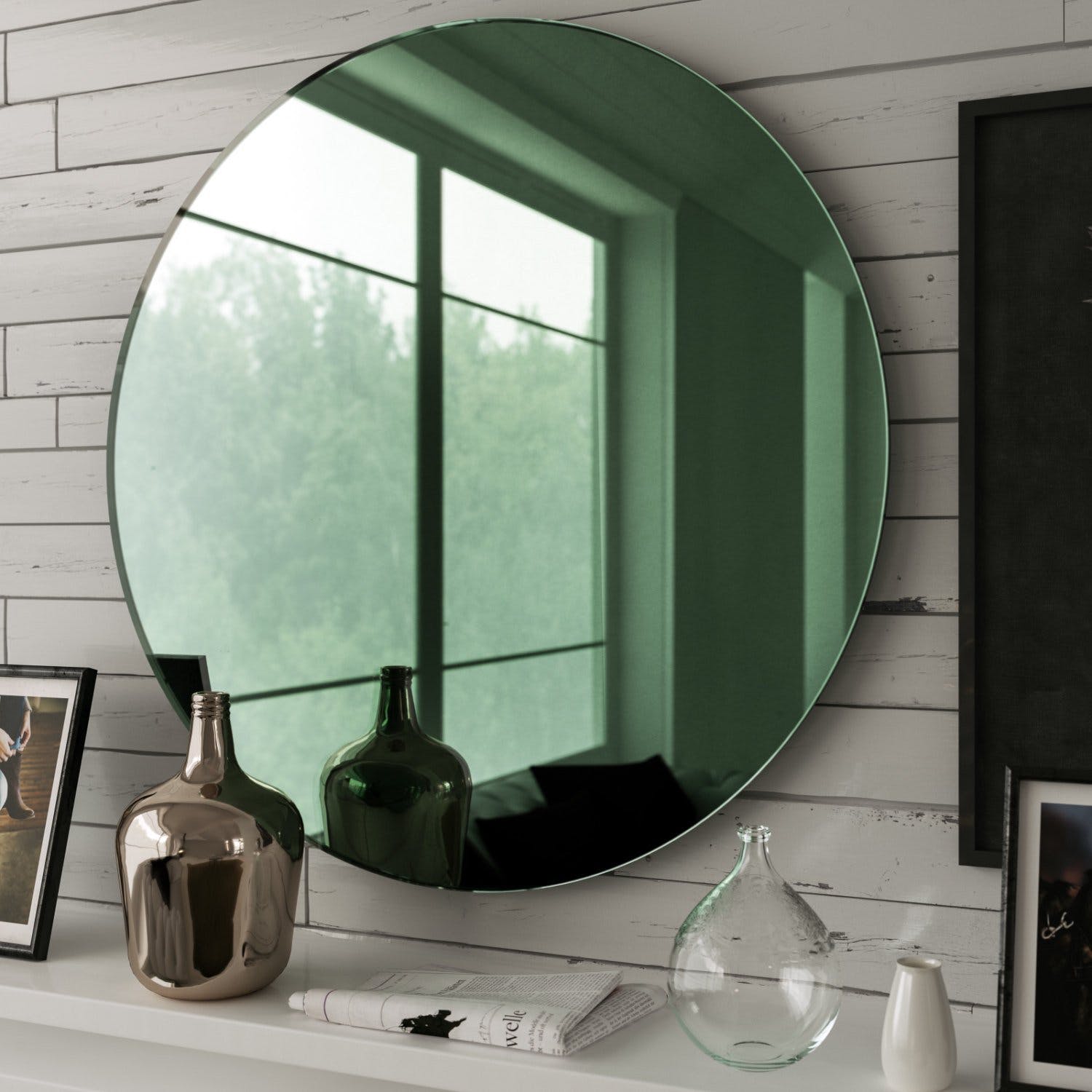






0 thoughts on “Why Magnifying Mirrors Are Bad”